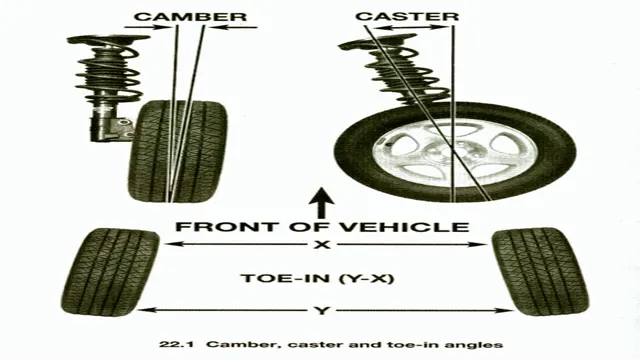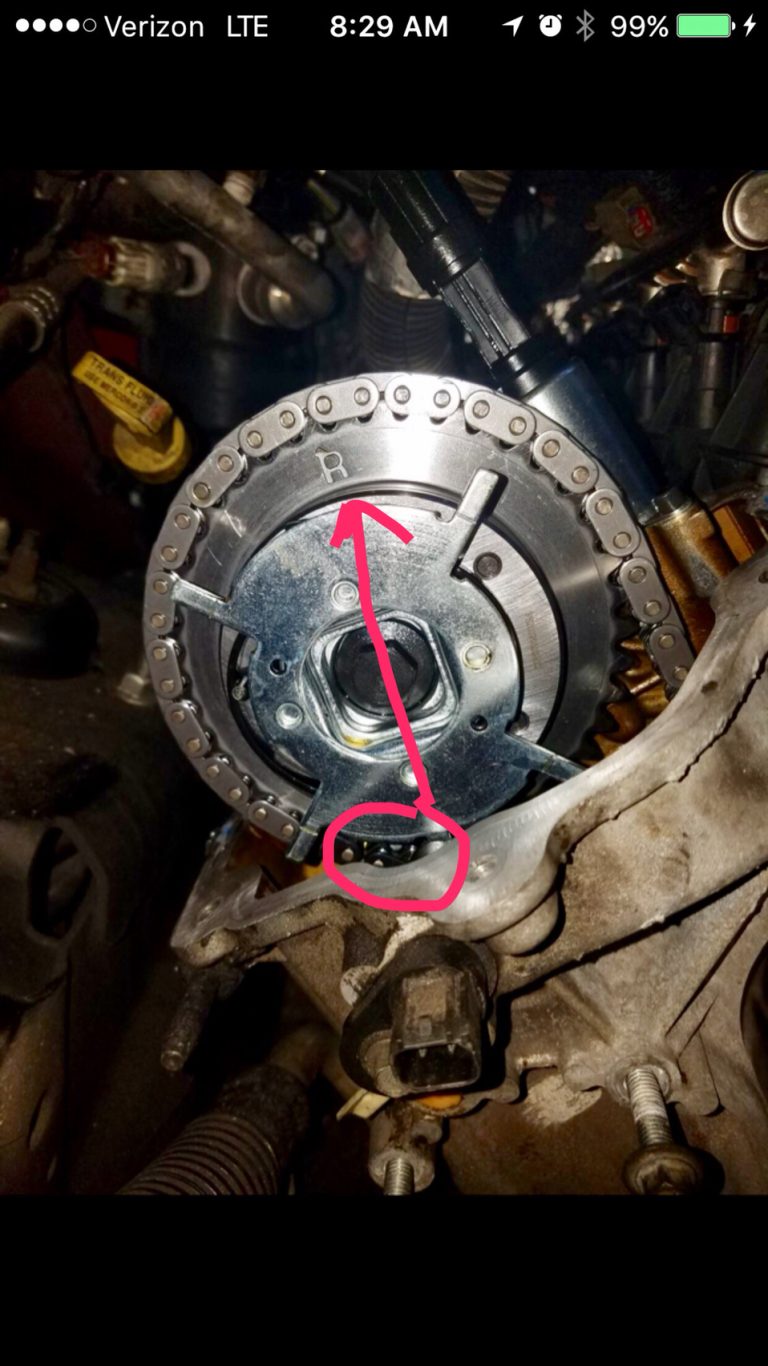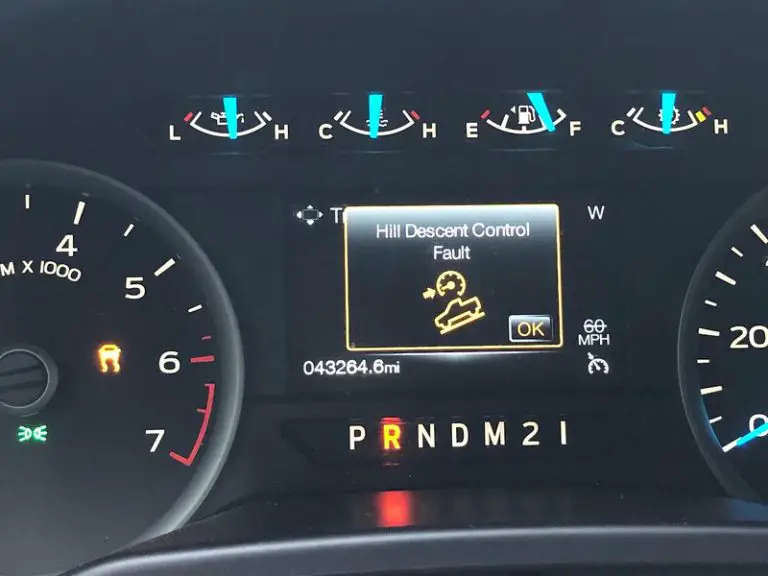How to Tell If My Pcm is Bad: Key Warning Signs
Are you experiencing issues with your vehicle and suspect that the Powertrain Control Module (PCM) might be the culprit? The PCM, also known as the Engine Control Module (ECM) or Engine Control Unit (ECU), plays a crucial role in ensuring your vehicle operates smoothly. Here are some common signs that indicate your PCM may be failing:

Credit: www.innova.com
Symptoms of a Bad PCM:
- Engine misfires
- Stalling
- Decreased fuel economy
- Issues with transmission shifting
If you notice any of these symptoms, it’s essential to address the problem promptly to prevent further damage to your vehicle. Recognizing these signs early can save you time and money on repairs.
How to Test for a Bad PCM:
Testing your PCM is crucial to determine if it is indeed the source of your vehicle’s problems. Here are some steps you can take to test your PCM:
- Use a multimeter to check the PCM’s voltage
- Inspect for visual signs of damage or corrosion
- Check for any error codes related to the PCM
- Test the vehicle’s performance and observe any irregularities
By following these testing methods, you can gain a better understanding of the condition of your PCM and take appropriate action to resolve any issues.

Credit: m.youtube.com
Can a Vehicle Run with a Bad PCM?
In some cases, if the PCM is malfunctioning, it can prevent your vehicle from running smoothly. For example, if the internal power supply fails, the fuel injectors may not receive the necessary signal to operate, causing the engine to stall.
While driving with a bad PCM is possible in less severe cases, it is recommended to address the issue promptly to avoid potential safety hazards and further damage to your vehicle.
Recognizing the Signs of a Faulty PCM:
When it comes to identifying a bad PCM, the following symptoms are key indicators that there may be an issue:
- Check engine light illuminated on the dashboard
- Poor engine performance
- Increased emissions
- Shifting problems
These signs, especially when experienced together, suggest that your PCM may be failing and requires attention from a qualified mechanic.
Frequently Asked Questions
What Are The Symptoms Of Bad Pcm?
The symptoms of a bad PCM include engine misfires, stalling, decreased fuel economy, and issues with transmission shifting. Poor engine performance combined with a check engine light on your dashboard is the most typical sign of a faulty PCM. You may also notice poor fuel economy, increased emissions, and shifting problems.
It is possible to drive your car with a bad PCM, but it is not recommended.
How To Test For Bad Pcm?
To test for a bad PCM, watch for engine misfires, stalling, decreased fuel economy, and transmission shifting issues. These symptoms indicate PCM malfunction. Diagnosing and addressing them promptly is crucial for resolving PCM-related problems in your vehicle.
Will A Vehicle Run With A Bad Pcm?
A vehicle may not run if the PCM fails to supply power to essential components like fuel injectors. In less severe cases, driving with a bad PCM is possible, but may lead to engine performance issues.
Is There A Code For A Bad Pcm?
Common signs of a malfunctioning PCM include engine misfires, stalling, decreased fuel economy, or issues with transmission shifting. Recognizing these symptoms will enable you to diagnose and address any PCM-related problems in your vehicle.
Conclusion
Being able to recognize the signs of a bad PCM is essential for maintaining the health and performance of your vehicle. By understanding the symptoms and testing methods outlined in this article, you can take proactive steps to address any PCM-related issues promptly.
Remember, if you suspect that your PCM is malfunctioning, it’s best to consult with a professional mechanic to diagnose the problem accurately and implement the necessary repairs.






